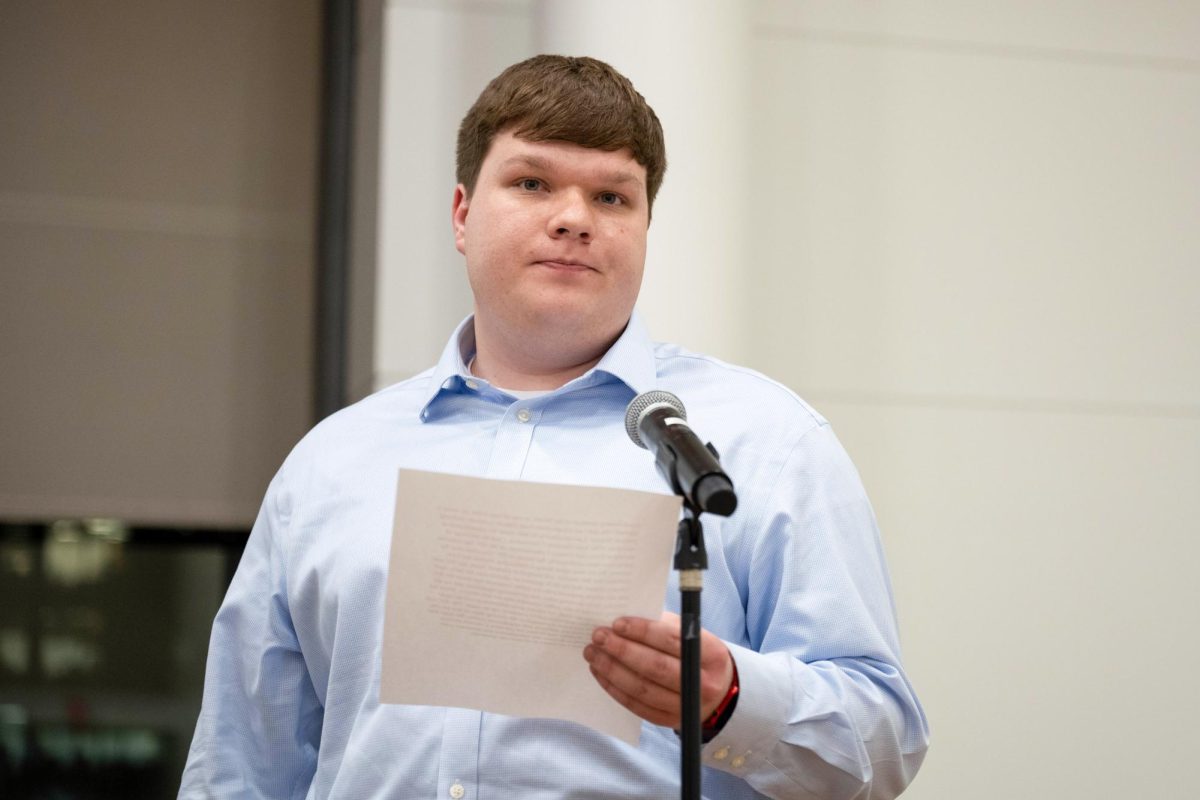School of Medicine & Health Science residents and fellows on Monday said they gave notice to GW that they plan to strike for three days starting Dec. 17.
The SMHS residents and fellows union said in a press release Monday that nearly 500 members will initiate a three-day strike starting Dec. 17 at 6 a.m., after 98 percent of the group voted late last month to authorize a strike if they failed to reach a fair union contract with GW at a negotiations meeting last Thursday. The press release states that officials left the union “no choice” but to strike unless they reach “a resolution” in the coming week because physicians work more than 80 hours a week while lacking mental health benefits and earning as little as $15 an hour.
The union first met for contract negotiations with GW in November 2023. The group was required to notify GW 10 days before striking because they represent health care workers, according to the National Labor Relations Act.
“This is not a decision we made lightly,” Neha Gupta, an emergency medicine resident, said in Monday’s release. “We are healers and caregivers who have dedicated our lives to serving our patients and communities. But we are also human beings — and we have been pushed to our breaking points.”
The SMHS residents and fellows voted overwhelmingly to unionize in April 2023 — with 253 voting in favor and 16 against — with the goal of improving residents’ salaries and benefits. The strike will mark the third time the union has publicly called on GW to accelerate a collective bargaining agreement since starting talks with officials. In April, nearly 300 resident physicians signed a petition urging officials to expedite union negotiations and in September the group formed a picket line stretching between Ross Hall and GW Hospital.
University spokesperson Shannon McClendon said GW “remains committed” to good faith negotiations with the residents’ union and that the next bargaining session is scheduled for Dec. 16. McClendon said the University and the union have made “significant progress” on a contract, much through negotiations, reaching tentative agreements on about 24 contract provisions.
McClendon said the University “acknowledges the importance” of unresolved issues like benefits, compensation and access to mental health services, adding that the University has and will continue to be sensitive to the mental health of health care professionals, providing “a robust suite” of benefits like leave programs and the GW Resiliency & Well-Being Center.
“The ongoing negotiations over mental health care with the union further underscore the vital importance of resident’s mental health and well-being,” McClendon said.





